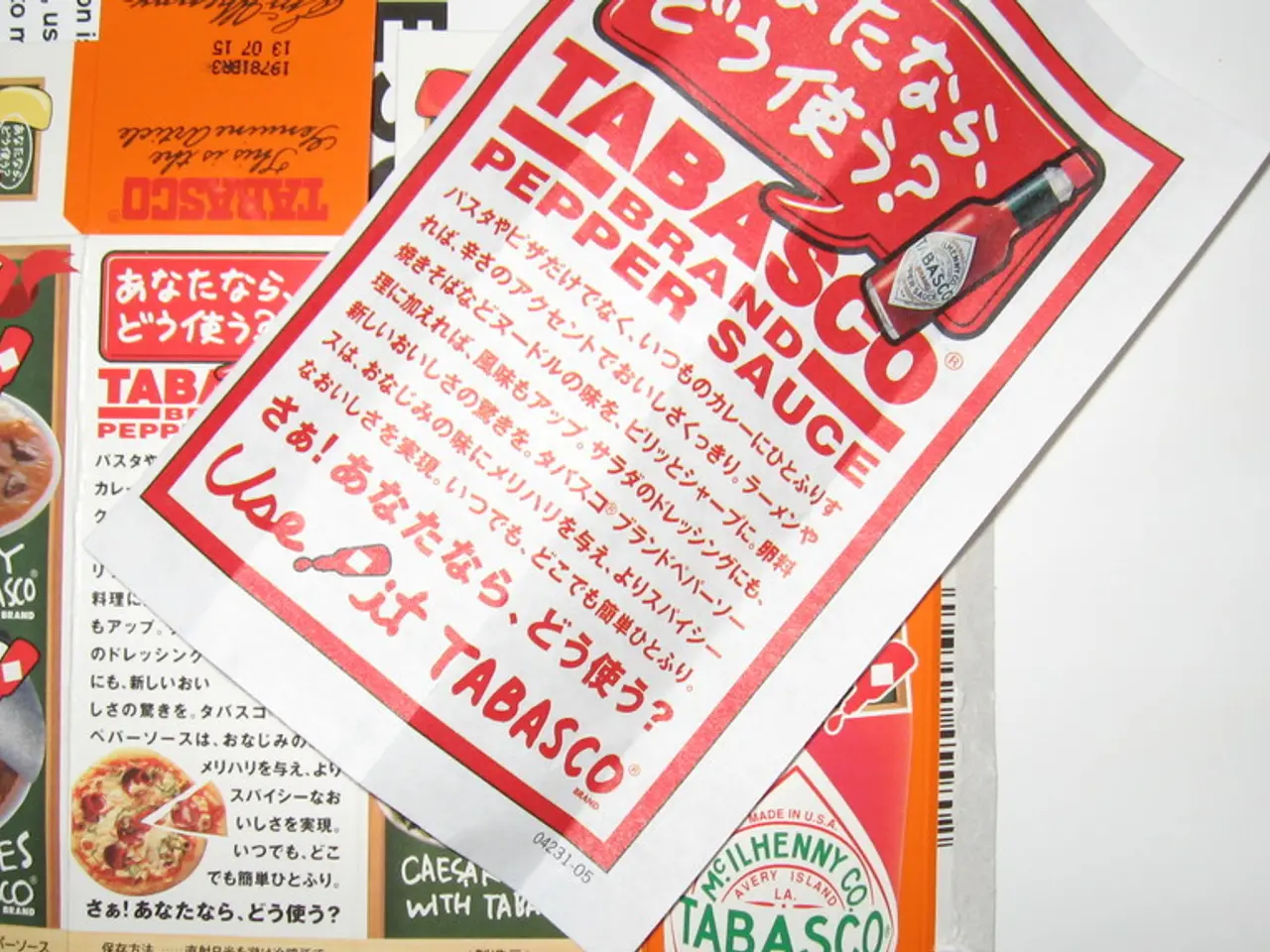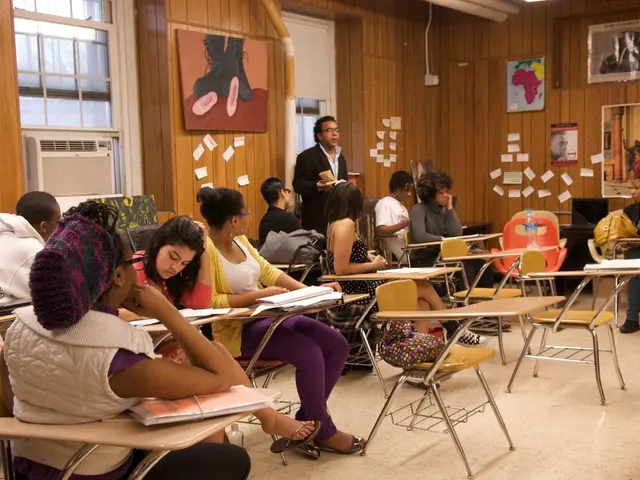Businesses find certain markets unfeasible to enter due to various reasons.
Russia Pursues Self-Sufficiency in Pesticide Production
Russia is making strides towards becoming self-sufficient in imported pesticides, primarily through import substitution policies that have been in place since 2014. The government is offering support to domestic production by providing subsidies to adopt technology, develop local machinery, and improve logistics related to agriculture inputs, including pesticides.
This push towards modernizing Russian agriculture includes the integration of digital technologies, precision farming, and mechanization to reduce dependence on foreign agrochemical imports. However, the journey is not without its challenges.
Challenges Ahead
One of the main hurdles Russia faces is the economic sanctions and geopolitical tensions that limit access to international pesticide innovations, raw materials, and established supply chains. These complications make import substitution and the expansion of domestic production capacity more challenging.
Another challenge is the technological and infrastructural gaps in replicating advanced agrochemical formulations and manufacturing capabilities found in global markets. This affects the speed and effectiveness of producing competitive domestic pesticide products.
Financial constraints also pose a significant challenge, as the broader Russian economy is slowing with a diminishing budget surplus and high military spending priorities. This could potentially reduce available funds for agricultural subsidies and research investments needed for pesticide self-sufficiency.
Agronomic risks, such as the emergence of herbicide-resistant weeds worldwide, also present a challenge. These require constant innovation in pesticide chemistry, which may be harder to keep pace with amid limited R&D collaborations and technology access.
Current State of Affairs
Currently, all active substances for chemical PPPs are purchased abroad, mainly in China, which synthesizes almost two-thirds of the global volume of active substances. In an attempt to establish a full cycle of pesticide production in Russia, about 20 key active ingredients need to be produced.
Despite these challenges, several industry companies are considering the synthesis of about a dozen products. For instance, "August" built a plant in China for the production of active substances, but not in Russia due to the lack of domestic specialty chemicals.
The Ministry of Agriculture has updated the existing order for state registration of Plant Protection Products (PPP). The decree will come into effect on September 1, which may further incentivize domestic production. However, setting up full-scale industrial production requires massive investments that are not currently viable given the current interest rates.
In conclusion, Russia’s strategy to achieve pesticide self-sufficiency is anchored in import substitution policies and government-backed modernization programs, yet it struggles against economic sanctions, budgetary pressures, and technological challenges impacting agrochemical development and supply chains.
- The financial constraints in the broader Russian economy, such as a diminishing budget surplus and high military spending priorities, could potentially reduce available funds for agricultural subsidies and research investments needed for pesticide self-sufficiency, which is a key aspect of Russia's business and financial sectors.
- One of the main challenges Russia faces in its pursuit of self-sufficiency in pesticide production is the technological and infrastructural gaps in replicating advanced agrochemical formulations and manufacturing capabilities found in global markets, an issue that impacts both the business and finance sectors, as it affects the speed and effectiveness of producing competitive domestic pesticide products.




